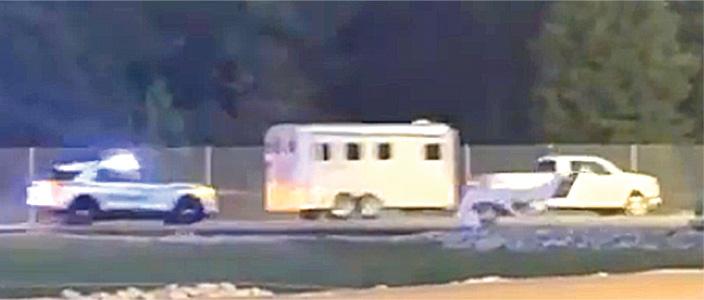With all its different components and conveniences, an RV needs proper maintenance. If you overlook this, you may end up having parts of the RV break down on you unexpectedly while you’re on the road. Here are common RV problems to avoid and how to prevent them from happening.
Leaking Roof and Windows
Since an RV is subject to the jostling that comes with its movement, the roof and windows may sustain damage over time. The shaking of frames and the knocking of debris can wear down sealants and the main parts of these areas on the RV. Eventually, cracks form that allow water to enter inside. Because of this, you should try to inspect the roof and windows every few months to ensure that nothing needs repairs. Additionally, you should park your RV under a sheltered structure or use covers to protect the roof when you are not using it.
Blown-out Tires
Like any wheel-based vehicle, an RV may experience tire blowouts for various reasons. When you drive over bumpy roads, the tires might be put under too much stress and break open. You may also drive over sharp objects that penetrate the rubber and let air escape. Moreover, even without these two circumstances, friction will eventually wear down your tires to a weakened state. When a tire does blowout, the vehicle becomes much more dangerous to handle because the imbalance created, as well as its large size relative to regular cars and trucks. Again, regular inspection is key here in preventing a disaster. Make sure each tire has the right tire pressure as indicated on the RV or in its manual. You should also look for cracks in the tires, which show they’re becoming weaker.
Frozen Holding Tanks and Pipes
Since water expands as it freezes, you must equip your RV to prevent this if you’ll be traveling during the colder months. An effective method of keeping your holding tanks and drain pipes in good condition is to install tank heaters and pipe heaters that will warm those areas and stop the water held within from becoming solid. Even if you don’t use your RV in the winter, you should still pay attention to its holding tanks and pipes as temperatures drop. Empty all the tanks before it gets too cold to avoid damage.






